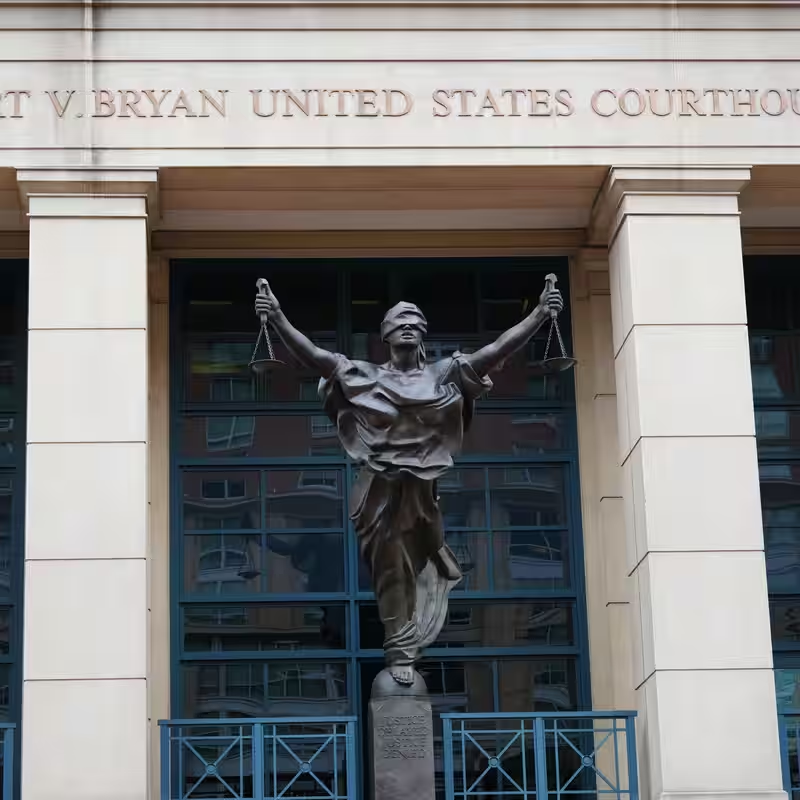As of Monday, October 20, 2025, the U.S. federal court system has officially run out of funding due to the ongoing government shutdown—raising alarms about mounting case delays, unpaid staff, and a potential crisis in the administration of justice .
The Administrative Office of the U.S. Courts confirmed that the judiciary can no longer sustain “full, paid operations,” forcing individual courts to make difficult decisions about which functions to maintain and which employees must work without pay—or be furloughed .
What Happens When Federal Courts Lose Funding?
While Article III of the U.S. Constitution guarantees that federal judges continue to receive their salaries during a shutdown, the same protection doesn’t extend to the tens of thousands of support staff who keep the courts running—clerks, probation officers, public defenders, IT specialists, and security personnel.
Under the Antideficiency Act, many of these workers may be required to report to work without immediate pay if their duties are deemed essential to “lifesaving or emergency” functions .
Supreme Court Remains Open—But Not to the Public
The U.S. Supreme Court will continue hearing oral arguments, processing filings, and issuing rulings—but the iconic building in Washington, D.C., will be closed to tourists and educational groups starting Monday .
“The Court remains operational for official business only,” a spokeswoman said Friday, underscoring the symbolic and practical toll of the funding lapse.
Federal Courts Navigate Chaos Amid Legal Onslaught
The timing couldn’t be worse. The federal judiciary is already overwhelmed with lawsuits challenging the Trump administration’s latest executive actions—from immigration enforcement to environmental rollbacks. New cases are being filed daily, and now, staffing shortages could slow everything from arraignments to appeals .
Each appellate, district, and bankruptcy court will independently decide how to allocate limited resources. Some may prioritize criminal cases over civil disputes; others might delay non-emergency hearings indefinitely.
What This Means for Ordinary Americans
- Criminal defendants could face longer waits for trials or public defense representation.
- Immigration cases—already backlogged—may stall further, affecting asylum seekers and deportation proceedings.
- Businesses and individuals involved in federal civil litigation may see months-long delays.
- Probation and pretrial services could be scaled back, raising public safety concerns.
How Long Can the Courts Hold On?
Historically, federal courts have used reserve funds to weather short shutdowns. But with this lapse entering its second week—and no end in sight—those reserves are now exhausted.
Legal experts warn that prolonged disruption could violate defendants’ Sixth Amendment right to a speedy trial and erode public trust in the judicial system.




